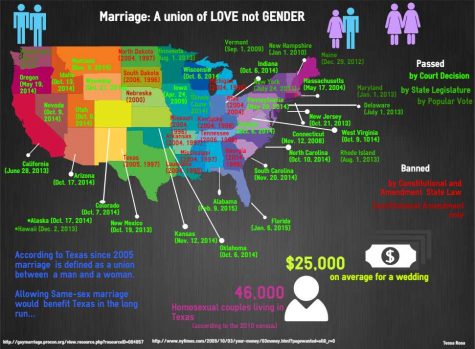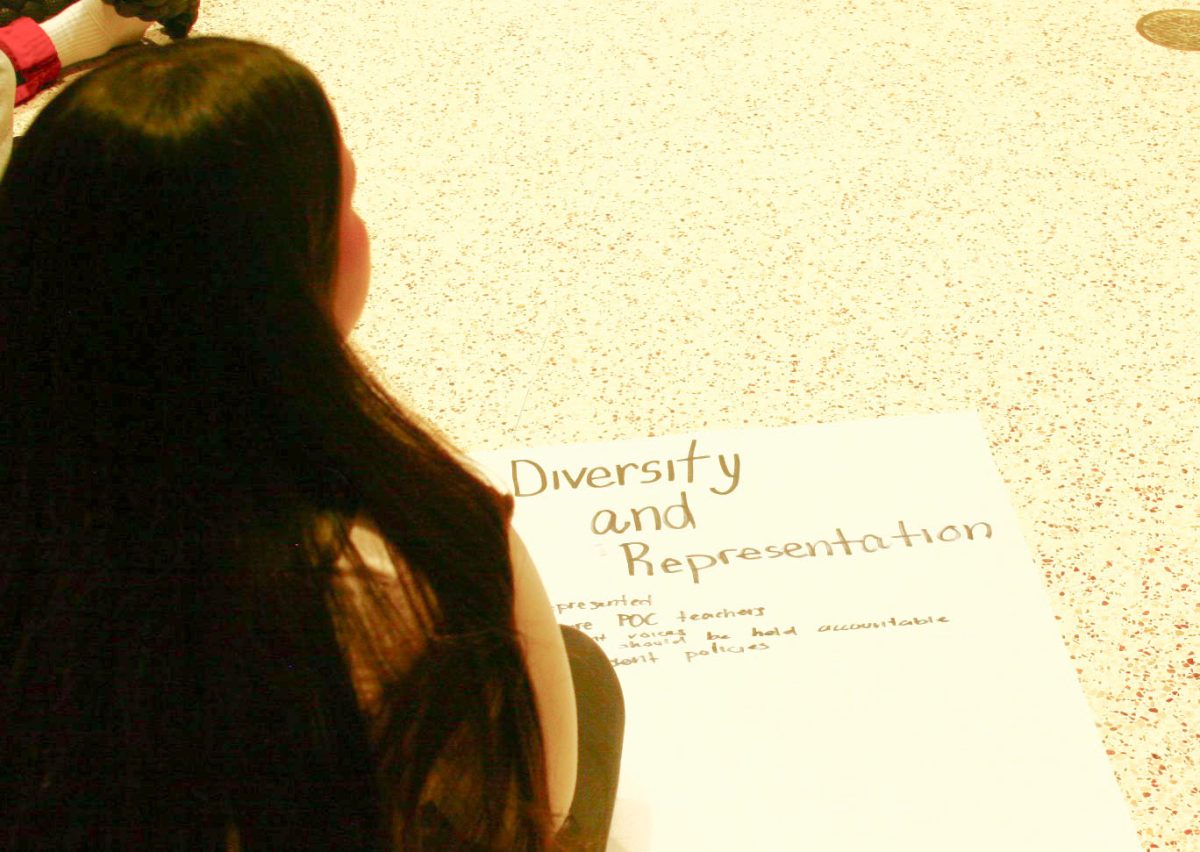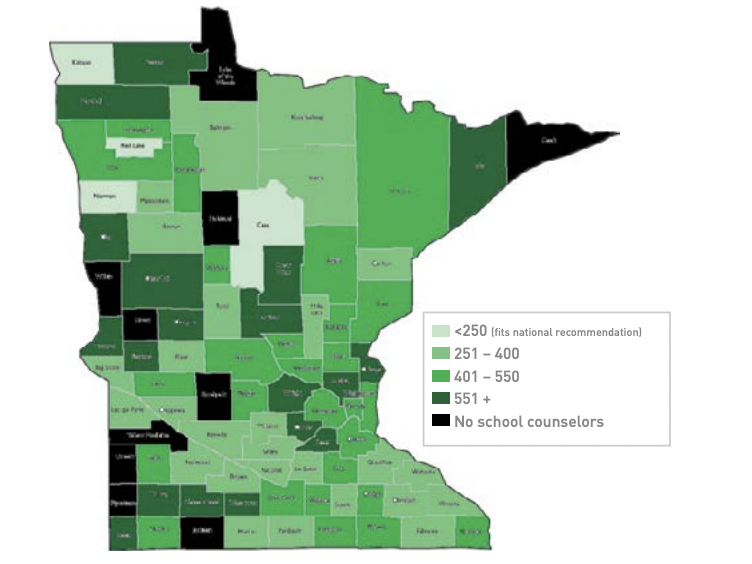In the 30 years since the landmark supreme court case Hazelwood vs Kuhlmeir, student journalists have been stripped of a vital part of their First Amendment rights. Students’ freedom of speech has been detrimentally limited, from being censored for publishing controversial topics to having entire newspapers shut down.
This legislation, which is still in place in Minnesota today violates the idea that “students do not shed their constitutional rights at the schoolhouse gate” as stated in the Tinker v Des Moines supreme court case. This fundamental idea is what needs to be seen in schools across the country. The Student Press Law Center, with its New Voices legislation, is attempting to do just that.
The First Amendment states, “Congress shall make no law abridging the freedom of speech or of the press.” This standard was upheld until 1988, when the principal of Hazelwood East High School in Missouri decided to censor the student newspaper, the Spectrum, due to “inappropriate” articles on divorce and teen pregnancy. This sparked an outrage among the newspaper’s staff, feeling their First Amendment rights were being violated. They sued the school and the case went all the way to the Supreme Court resulting in a 5-3 ruling in the school’s favor.
According to the National Scholastic Press Association, “that narrow decision gave administrators at public high schools the authority to squelch student expression, restrain content and even censor it. It undercut the trained teachers and advisers who teach students to be responsible.”
The previous case, Tinker v. Des Moines which protected student’s rights to freedom of expression and speech, was consequently overturned. Tinker had given students more protection of free speech and freedom of expression. However, it had few limitations to what students could and could not do in school press.
Currently, many schools in Minnesota have a prior review where the principal can read every article, graphic, and even social media posts that students create and can censor their work if it is deemed inappropriate for a school setting or will paint the school in a poor light.
“Recently, our publication wrote a series of articles reflecting upon concerns of racial violence and changes in our community that students expressed. To publish these articles we felt that we had to paint the school in a “good light” to ensure we could reflect opinions without censorship. This ultimately silenced many of the interviewed students,” senior Belle Lapos said at a testimony for New Voices bill HF 4083.
It’s obvious that student reporters deserve the same free speech rights as everyone else in the media; to continue denying them those fundamental protections under the First Amendment is dangerous and antithetical to the purpose of public education in preparing young people for democratic citizenship. New Voices advocates have already done critical work on this issue, but in order to ensure no student is left behind, it will be necessary for many more advocates to join in the effort.” — Teen Vouge
The Hazelwood case made it so students are no longer able to speak their minds or cover controversial topics due to prior review and the consequences of retaliation. Anything deemed this way by the school can and will be censored. Additionally, staff take advantage of this law by restricting things that do not cause harm to students, but may anger parents or paint the school in a negative light.
The Student Press Law Center promotes, supports, and defends the First Amendment and free press rights of student journalists and their advisers. SPLC aids students and staff in fighting legal battles and are available via a hotline to help students figure out if stories are too controversial to be published or if legally they can continue.
New Voices is a part of SPLC and is the legislation being passed in many states. According to the SPLC website, New Voices is a student-powered nonpartisan grassroots movement of state-based activists who seek to protect student press freedom with state laws.
As stated in a Teen Vogue article, “It is obvious that student reporters deserve the same free speech rights as everyone else in the media; to continue denying them those fundamental protections under the First Amendment is dangerous and antithetical to the purpose of public education in preparing young people for democratic citizenship. New Voices advocates have already done critical work on this issue, but in order to ensure no student is left behind, it will be necessary for many more advocates to join in the effort.”
The New Voices bill, HF 4083, which is currently being heard by the Senate and House in Minnesota clarifies what a student press association is, the role of advisors and what can be censored by staff. Bill HF 4083, states that freedom of expression through school-sponsored media is a fundamental principle granted by the First Amendment to the United States Constitution. This bill will protect student journalists and return Minnesota to the previous Tinker standards while maintaining lawful oversight of student journalists and preventing the publication of libelous material.
This legislation is desperately needed for students to regain their full First Amendment rights. Currently, student press have fewer rights than their peers solely because they are journalists. The bill introduced by New Voices will give students a more concrete guideline for what they can and can not legally publish and allow them the freedom to write truthful and non-libelous stories that are important to them and their communities even if it risks upsetting staff.










